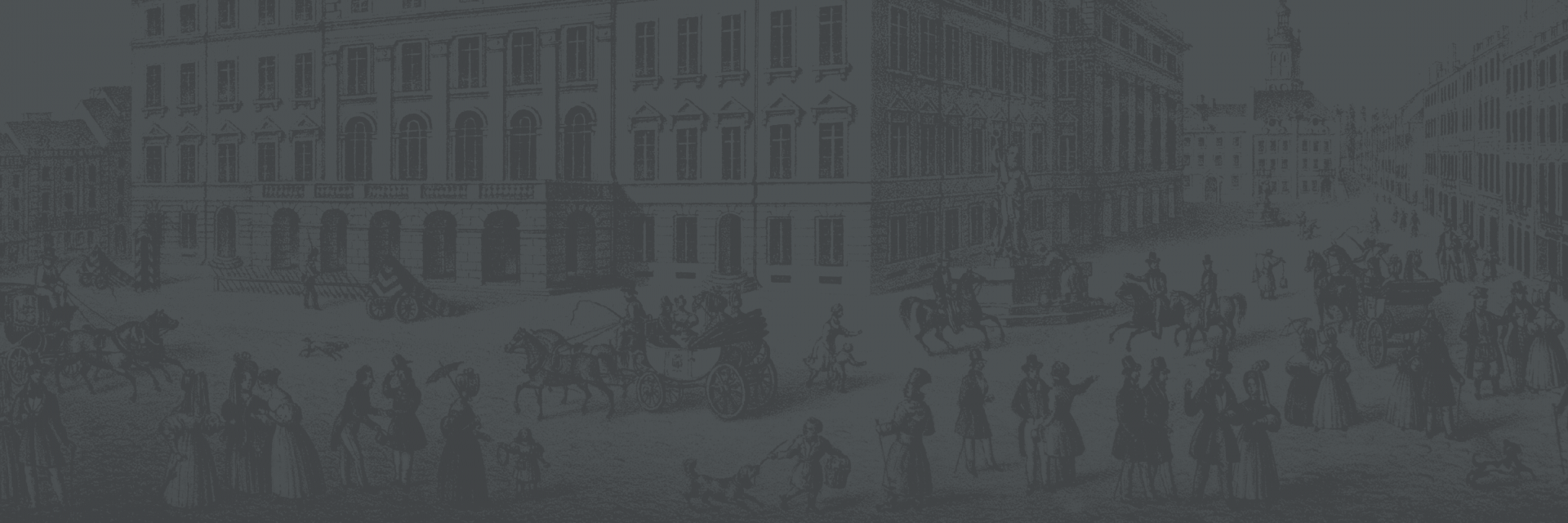Spring of Nations in Lviv
March - October 2021
The "Lviv Interactive" online encyclopedia launched a series of publications on how Lviv was impacted by a wave of revolutionary events sweeping Europe in the mid 19th century.
In 1848-49, the revolution, further labeled in the literature as the "Spring of Nations," engulfed most European countries such as France, the Netherlands, Denmark, German and Italian states, and the Austrian empire where Lviv belonged at the time. It was based on the ideas of liberal constitutional reforms and the building of national states. In Lviv, the revolution lasted from March to November 1848. It started from the cheerful spring public demonstrations and ended in the blood-shedding uprising and the bombardment of the city in autumn. During these months, censorship-free newspapers and magazines saw the world, various associations and organizations emerged, two national movements and four oppositional political camps experienced institutional growth. Over this time, Lviv citizens met distinguished guests, commemorated and celebrated various events, and the cultural life in the city never ceased.
For many continent’s cities, and for Lviv specifically, the "Spring of Nations" was the bright and entirely new experience that defined many aspects in their further development, and set a new type for political and public culture.
Find more at the project’s Home page:
https://lia.lvivcenter.org/uk/events/march-demonstrations/
In 2021, we plan to publish the texts on:
- March Demonstrations in 1848
- Central National Council (April)
- Supreme Ruthenian Council (May)
- Ruthenian Congress (June)
- Landowners’ Society (July)
- Congress of Ruthenian Scholars (September)
- The uprising of November, 1 (October)
Research, text

Roman Melnyk
A historian, a post-graduate student at the Ukrainian Catholic University (Lviv). In his thesis, he studies the image and the notion of Halychyna in Lviv discourses of the interwar period. Research interests: history of Lviv and Halychyna of the 19-20th centuries, history of concepts, regional and post-imperial studies.
Credits
Cover image: Karl Auer, 1837 (Biblioteka Narodowa)
